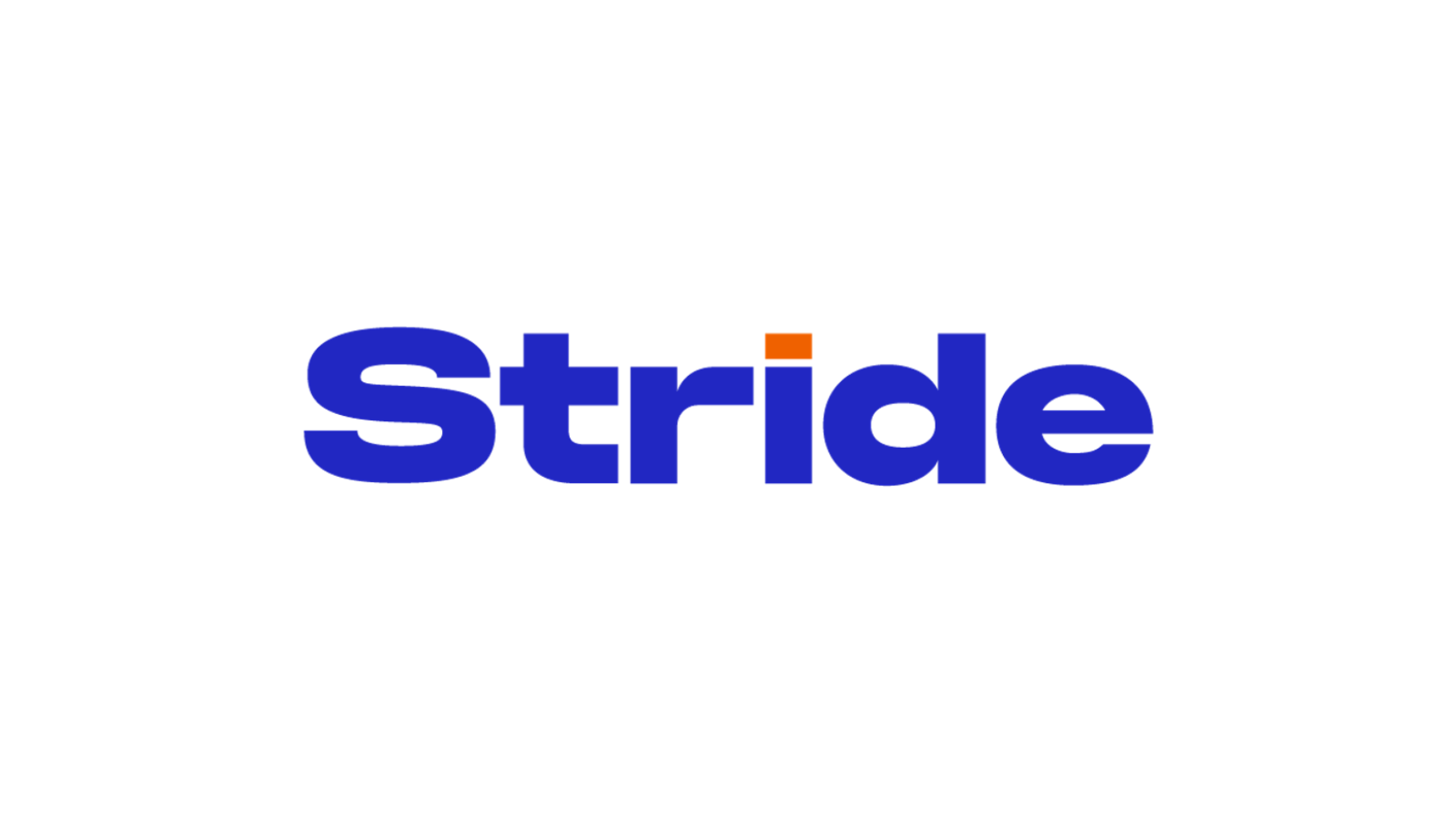
Developing habits and setting goals to sustain you through your journey
By Tyng Kam, Stride Career Prep Success Coach
Turning your dreams into achievable life goals requires planning. I am a big fan of adopting the S.M.A.R.T. principle on both goal-setting and general planning. According to the SMART principle, your goals should fulfill the following guidelines:
- Goals should be Specific (S), like “I want to get my first part-time job by January 2022.”
- Goals should be Measureable (M), such as “I would measure my goal of completing three job interviews by making sure to apply to at least ten jobs, in the next three months.”
- Goals and plans should also be Attainable (A), like “I will target entry-level part-time positions, that are open to hiring high-school students.”
- Goals should definitely be Relevant (R) to your journey, such as “I will develop workplace skills, earn some money, and get a head start on my future career.”
- And, last but not least, goals should be Time-bound (T), such as “I will achieve my goal by January 2022.”
You can join me at an upcoming webinar on September 27, 2021 to get a step-by-step guide to setting S.M.A.R.T. goals.
While the SMART principle offers a framework for turning your wishes into actionable life plans, the challenge for most people, including myself, is sustainability in terms of personal energy exerted towards your goals. High-performing individuals are people who find the drive to keep themselves moving forward, and positively sustaining through the process. Finding the motivation to get started is usually easier than finding the desire to persevere through a longer period of a potentially tiresome journey.
Motivation is what gets you started towards your goals, and habit is what keeps you going. Take the example of a fitness goal. You may get super excited with your goal to run three times a week, and manage to follow through with your plan in the first month. But, over time, you lose motivation and start missing your runs.
One of my favorite books on the subject is “Atomic Habits” by James Clear. Clear offers a simple but powerful perspective on how your identity helps to build good habits, which then lead you to achieve your life goals. For example, you can set a goal to stay fit by running three times a week. But, it will more likely help you to develop a habit that stays with you, if you start seeing yourself as a runner. You can set a goal to maintain a minimum GPA of 3.0. However, you will likely have better success developing a healthy habit to complete your homework, if you start seeing yourself as an honor student.
As you start developing habits to help you achieve your goals, you will also want to create environments that help you succeed. For example, if you see yourself as an honor student, who submits homework on time, you can start making your dedicated workspace more inviting. At the same time, making things that distract you, like your game console, harder to reach. This is a great way to help you focus.
Be sure to check out the Stride Insights article, Finding Your Path, to help you better explore and understand what goals you might like to set first.
To learn more about Stride Career Prep Success Coaching for teens and what it offers, be sure to visit this site: https://www.k12.com/career-and-college-prep/career-prep/offerings-curriculum-and-services/career-coaching/




